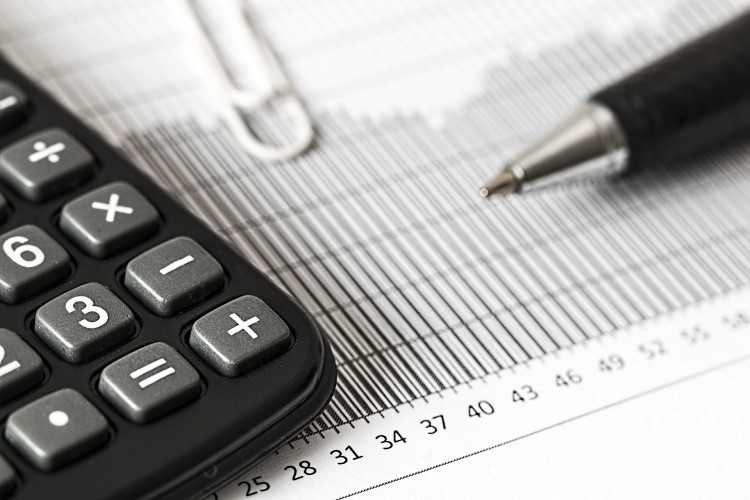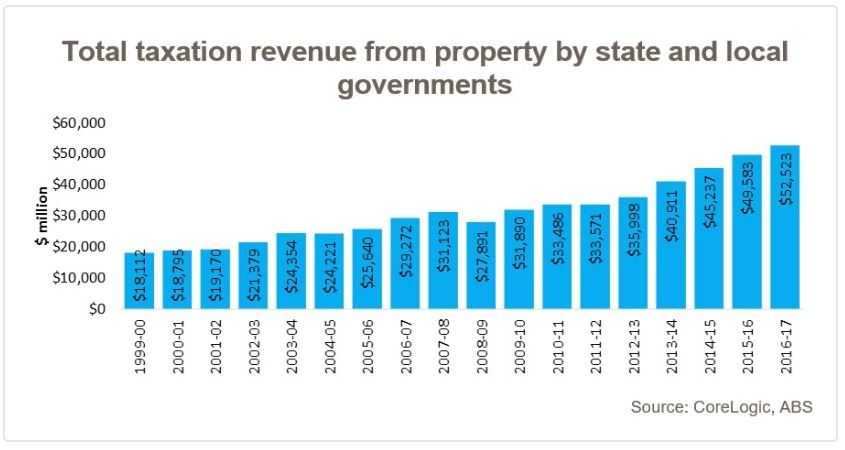
The latest figures from the Australian Bureau of Statistics (ABS) revealed that the state and local government coffers were beefed up by the huge collection of property taxes in the past year.
Citing the said figures, CoreLogic said the government was able to collect $52.5bn in property taxes over the 2016-17 financial year. this was a 5.9% jump from the preceding year's $49.6bn.
Property taxes comprised 52.8% of all tax revenue for state and local governments, considered to be an historic high.
Taxes on immovable property, which include land tax, municipal rates, and other smaller taxes, reached $29.19bn over the year. Meanwhile, stamp duties and other smaller fees which comprised financial and capital transaction taxes recorded a total collection of $23.34bn.
Stamp duty revenue in New South Wales ballooned 115% compared to ten years ago while that of Victoria increased by 114%.
CoreLogic's Cameron Kusher said in New South Wales, stamp duty revenue accounted for almost half (49.1%) of all property tax revenue for the past year, same in Victoria (42.6%).
"The cyclical nature of housing market transactions makes stamp duty a volatile source of revenue for state governments. Another way to look at this is in Western Australia where the housing market has been weak for a number of years, stamp duty revenue accounted for just 28.5% of all property related tax revenue in 2016-17 down from a peak of 54.5% in 2007-08," Kusher said.
With the weakening housing market in Sydney and Melbourne, the two states could see stamp duties falling over the next years.
"With a volatile source of taxation revenue such as stamp duty that taxes the small proportion of individuals that transact property each year, moving away from a transactional tax to a tax on all physical properties seems to make a lot of sense. Especially considering transaction volumes remain well below their peak and stamp duty revenue growth is largely being driven by higher values rather than a greater number of transactions," Kusher said.
He added: "Of course the transition to a broad-based land tax will be difficult and recent owners may have to be compensated, however, a more guaranteed source of revenue for state and territory governments means that they can much better plan for the future rather than being reliant on dwelling values and transactions remaining high in order to boost revenue."
Also Read:
When do you pay stamp duty on a house purchase?
Should older Aussies be given tax discounts to encourage downsizing?
Collections: Mortgage News




Share